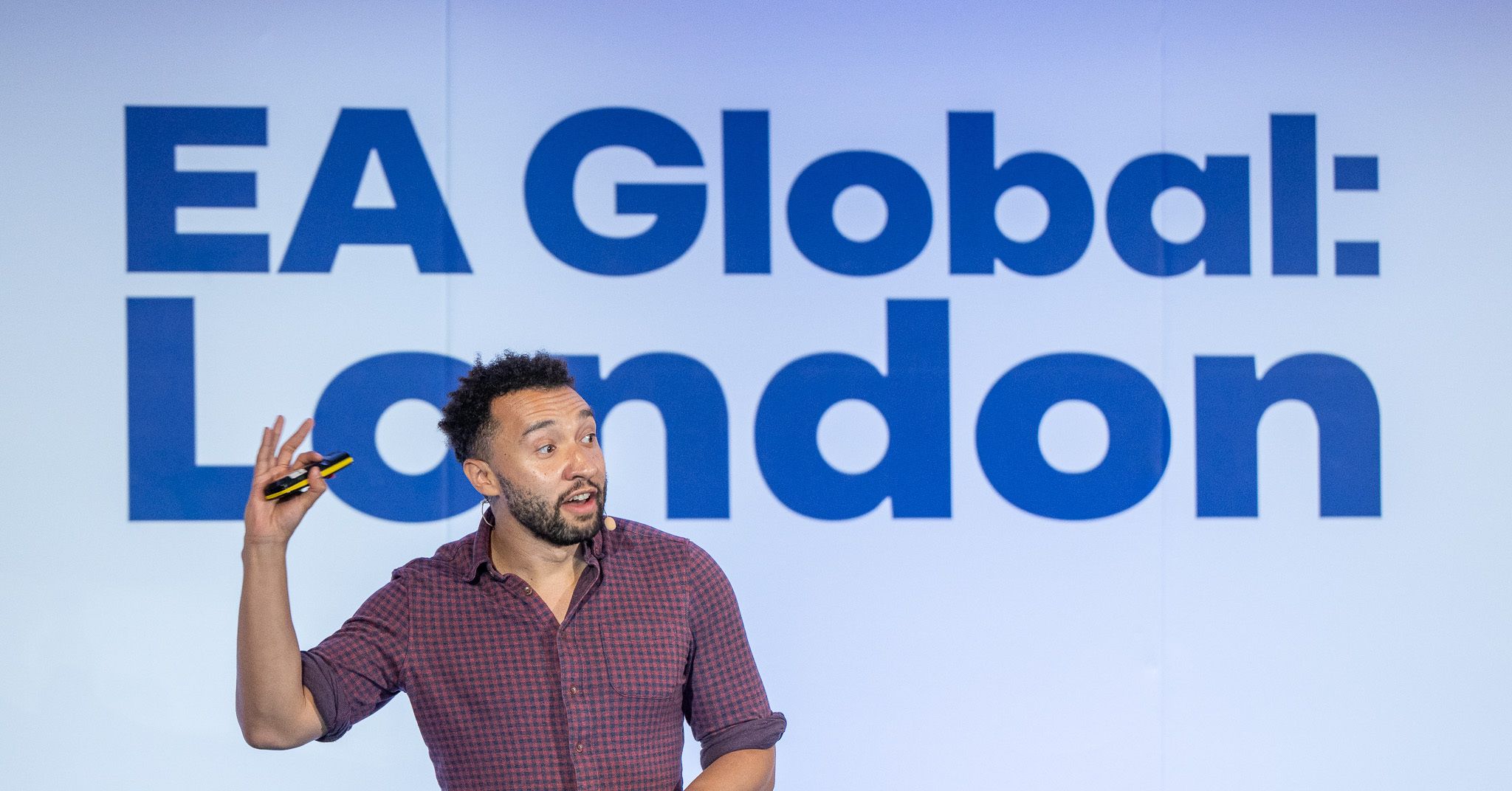I am only 14 years old, but I have decided that when I grow up I am going to be an effective altruist. I am obviously not going to share my identity, but my current plan for when I grow up is to literally donate as much as I possibly can; this would obviously involve spending very little on myself, likely I would be working a very high-paying job, but living in very low-quality conditions, probably I would live in a camper van, working around 14 hours a day. I am not making this post for anyone to tell me I am naive or that I have no idea what that kind of life will bring; I know that most likely, I will hate my life. That is not to say I hate my life now: I have a lot of friends, I have a great family, and right now, I do love life. But it is about the future when I will be donating everything. I also know that most likely, nobody will want to live with me, because who besides me would want to live that kind of life? I have spent hours searching the internet, and I have not found a single person who has ever donated everything. However, that is what this post is about: I am trying to find anyone on this forum who also will be or is donating everything to charity. I am not going to share my identity or anything, but I did want to see if anyone else here is actually going to donate everything.
15
15
Reactions
You should consider that living in such conditions will likely lead to burnout.
Altruism is a marathon not a sprint. You should focus on having a high impact over your whole career, which will involve not pushing yourself literally as hard as possible all the time. You are only human, regardless of what your ethics say.
That said, there are cases of people living somewhat as you describe and giving a lot of money away - see here
I didn't grow up to donate everything, but I had that goal when I was about your age. My writing from my 20s has some stuff that you might find relevant or useful: http://www.givinggladly.com/
Tangent: when I was reengaging seriously with EA before eventually changing my career path, your story was among the ones in Strangers Drowning that powerfully resonated with me. So it was interesting for me to learn recently that you felt strangely about MacFarquhar’s coverage of you and Jeff in SD.
Incredible resolve, Steven. It’s rare to see someone—let alone a 14-year-old—grapple so squarely with how much good a single salary can buy. You’re right: a single $5 k donation to AMF plausibly saves a life, so every extra dollar you push toward the margin matters enormously.
I sometimes feel that EA discussions lean too far toward “Careful, you’ll burn out—dial it back.” Burnout is real, but the analysis often weights personal discomfort as if it were on par with someone else’s entire life. Even if an austere lifestyle shortens a career a bit, the extra years of near-maximal giving you do manage could still dominate the equation. The stakes are that high.
Keep refining the plan, of course—experiment with smaller pledges first, protect your health so you can give longer—but never lose sight of the basic arithmetic that inspired you. The world needs more people willing to do what you’re contemplating. I’m cheering you on.
Thanks for writing this and huge kudos for thinking so deeply about your future at such a young age!
I live on what most would consider little money and can assure you that one can live very happily like that! I however work to help people directly. rather than earning to give away so that's a bit different than your plan. I can see the good that comes from our work every day, while those great people who earn money to give it away are a bit more removed,. Living simply and giving a lot away can be immensely rewarding, though of course challenging due to it being so against societal norms.
There's a book "Strangers Drowning" I would recommend which has some great case studies of people living in fairly extreme ways in line with their strong convictions.
All the best for your next few years of school and ongoing journey thinking about how to do good with your life :).



Also Charles Gray of the "world equity budget."